We deliver to you every day from 8:00 to 20:00
The best discounts this week
Every week you can find the best discounts here.
Grape Pie – THCa Rosin [1g]
Infused Cooking Olive Oil HHC Tincture [1500mg]
Peppermint Olive Oil HHC Tincture [1500mg]
Strawberry MCT HHC Tincture [1500mg]
Strawberry MCT HHC Tincture [1500mg]
Infused Cooking MCT Oil Delta-8 Tincture [1500mg]
Infused Cooking Olive Oil Delta-8 Tincture [1500mg]
Infused Pre Roll (Moon Doob) 24 pack
Cannabis tinctures are a popular and convenient way to consume cannabis and its cannabinoids, but can they be added to drinks? This article explores the feasibility and considerations of mixing cannabis tinctures with beverages.
Can You Put Tincture In Your Drink?
Yes, tinctures can be added to drinks. They are commonly used as a natural remedy or as a way to add flavor to food and drinks. Tinctures have a high concentration of active ingredients, so a little goes a long way. When added to a drink, the active compounds in the tincture are absorbed into the bloodstream through the digestive system, providing a slower and more prolonged effect compared to sublingual administration.
When adding tinctures to drinks, it is important to remember that the alcohol content can be quite high, so it is best to mix it with a larger volume of liquid. It is also important to choose the right type of tincture, as some are designed to be taken sublingually (under the tongue) rather than ingested.
What Are Tinctures?
Tinctures are liquid extracts of the active compounds found in the cannabis plant. They are made by soaking the plant material in high-proof alcohol to extract the desired compounds, producing a potent and concentrated form of the therapeutic properties of cannabis. Cannabis tinctures come in small dropper bottles and can be taken sublingually, or under the tongue, for quick and efficient absorption into the bloodstream.
They can also be added to beverages or food for a more discreet consumption method. Cannabis tinctures offer a versatile and convenient way to consume cannabis, making them a popular alternative to traditional flowers or edibles. They provide a more controlled and precise dosing method, allowing for accurate titration and personalization of the cannabis experience. The type of cannabinoids that you can find present in tinctures include:
Delta 8
Delta 8 THC is a minor cannabinoid found in the cannabis plant, similar to delta 9 THC but with slightly different effects. It is known for its milder and less anxiety-inducing effects and is legal in some areas where delta 9 THC is prohibited. Delta 8 THC is available in various forms, including tinctures, edibles, and vape cartridges, and is commonly used for its recreational and therapeutic benefits.
Delta 9
Delta 9 THC is the main psychoactive compound found in the cannabis plant and is responsible for the majority of its recreational and therapeutic effects. It is the most commonly studied and widely recognized cannabinoid and is widely available in various forms, including flowers, edibles, concentrates, and tinctures. Delta 9 THC is known for its ability to produce a euphoric high and has been used for both medicinal and recreational purposes for centuries.
CBD
CBD, or cannabidiol, is a non-psychoactive cannabinoid found in the cannabis plant. Unlike delta 9 THC, it does not produce a “high” and has been studied for its potential therapeutic benefits, including reducing anxiety, pain relief, and improving sleep. CBD is available in various forms, including oils, tinctures, edibles, and topicals, and can be consumed alone or in combination with other cannabinoids. It is legal in many countries and has become increasingly popular in recent years for its perceived health benefits.
What Are The Other Ways To Consume Tinctures?
Cannabis tinctures can be consumed in various ways beyond sublingual administration. Here are a few alternative methods of consumption:
- Topical Application: Cannabis tinctures can be used topically for localized pain relief, skincare, and other cosmetic purposes. Simply apply a few drops to the desired area and massage it in.
- Cooking: Cannabis tinctures can be used as a cooking oil, allowing for easy and accurate dosing in your favorite recipes.
- Capsules: Cannabis tinctures can be added to empty gel capsules and taken as a supplement.
- Vaporizing: Cannabis tinctures can be vaporized using a specialized device, such as a dab pen, for fast and potent effects.
These alternative methods provide versatility and flexibility in consuming cannabis tinctures, allowing for a personalized experience to meet individual needs and preferences. It is important to note that the effects of cannabis tinctures can vary greatly depending on the consumption method, so it is important to start with a low dose and carefully monitor the effects before increasing the amount consumed.
Frequently Asked Questions
- How Long Do Tinctures Last After Being Opened?
The shelf life of a cannabis tincture after it has been opened varies, but it typically lasts for about 6-12 months. The exact shelf life depends on several factors, including the potency of the tincture, the storage conditions, and the type of alcohol used as a base. Proper storage, such as keeping the tincture in a cool and dark place, can help to prolong its shelf life. Refrigerating the tincture after opening can also help to slow down the degradation process and maintain its potency for a longer period of time.
- Can Tinctures Be Placed Near A Window?
Cannabis tinctures should not be stored near a window or in direct sunlight. Light and heat can cause the potency and quality of the tincture to degrade over time, affecting its effectiveness. The ideal storage location for cannabis tinctures is in a cool, dark place such as a pantry or medicine cabinet.
Keeping the tincture in a dark box or wrapping it in aluminum foil can provide added protection from light. It is important to avoid storing tinctures in areas with fluctuating temperatures, as this can also lead to degradation and reduced potency.
- How Long Do Tinctures Stay In Your System?
The length of time that cannabis tinctures stay in your system can vary based on several factors, including the frequency and amount of use, body weight, and metabolism. On average, cannabis tinctures can remain in the system for up to 24-48 hours after consumption. However, in some cases, they may be detectable for up to several days in heavy users or those with a slower metabolism. It’s important to keep in mind that the presence of cannabis tinctures in the system can affect drug testing and may result in a positive result.
Final Words – How Can You Store Tinctures?
Cannabis tinctures are commonly stored in small, dark glass bottles with droppers to dispense the liquid. It is important to store the tinctures in a cool, dark place, such as a pantry or medicine cabinet, as light and heat can degrade the quality of the tincture over time. Avoid storing tinctures near windows or in areas with fluctuating temperatures. The tight-fitting lid of the bottle will help to preserve the tincture and prevent it from evaporating.
For added protection, you can keep the tinctures in a dark box or wrap them in aluminum foil. To prolong the shelf life of the tincture, it’s recommended to refrigerate it after opening. Overall, proper storage is crucial to preserving the potency and quality of your cannabis tinctures.
Stay in Touch
Sign up for our mailing list to be the first to know about new products, sales, and promotions
Stay in Touch
Sign up for our mailing list to be the first to know about new products, sales, and promotions
All products are Federal Farm Bill Compliant and contain less than 0.3% THC
FDA DISCLOSURE: The statements regarding these products have not been evaluated by the FDA. These products are not intended to diagnose, treat, cure or prevent any disease, consult your health physician before use. The Federal Food, Drug and Cosmetic Act requires placement of this notice.
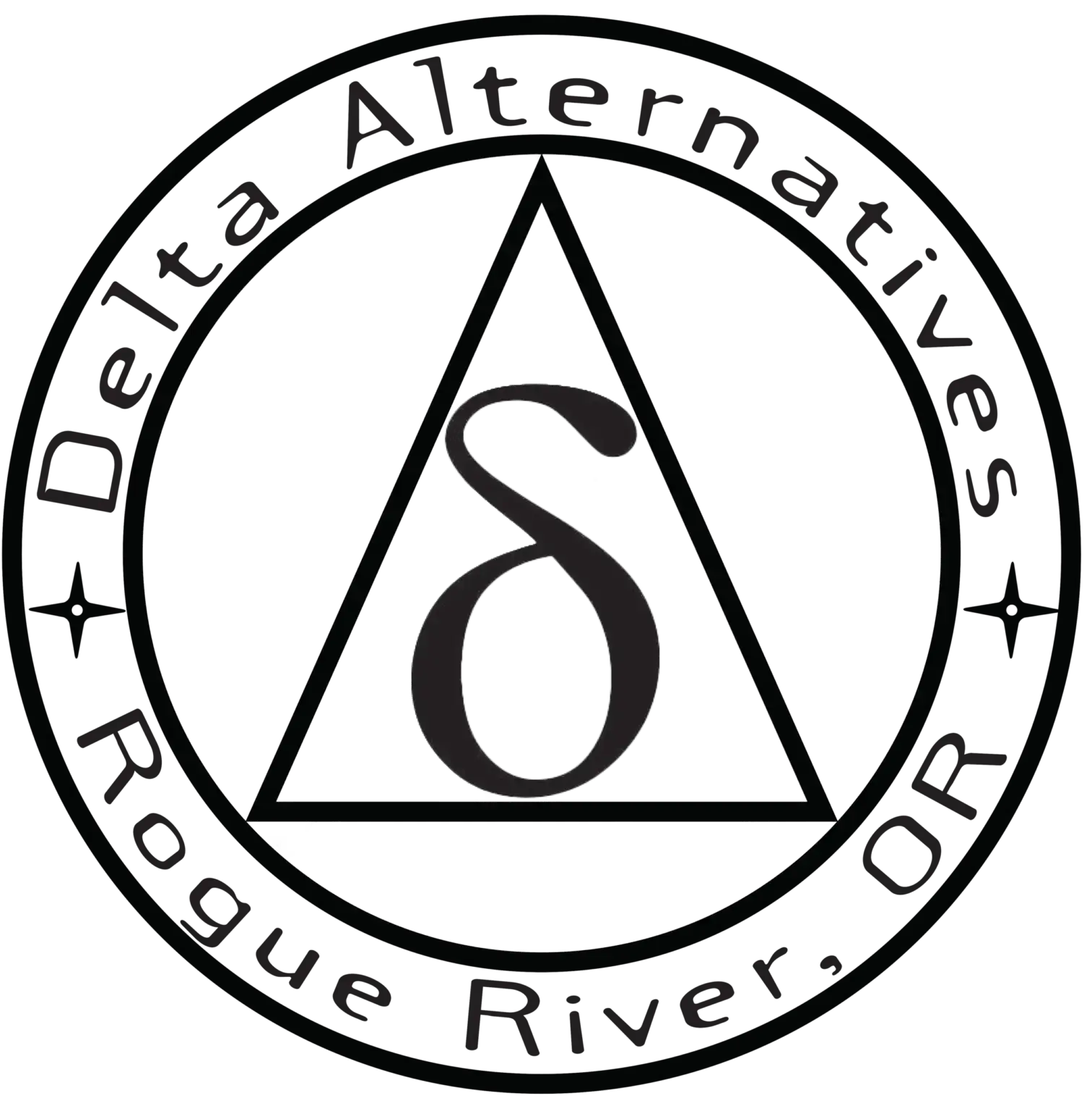
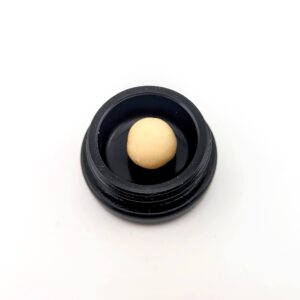

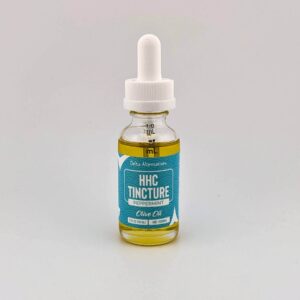
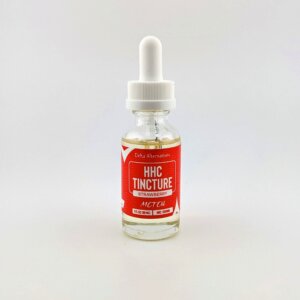
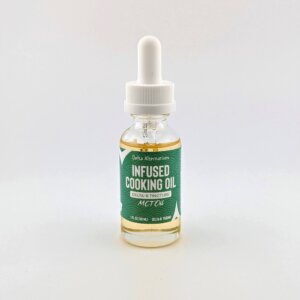
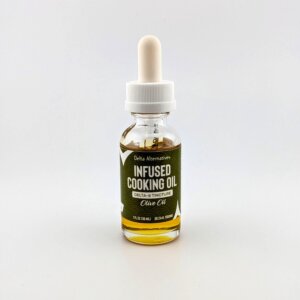
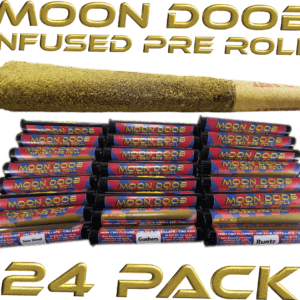
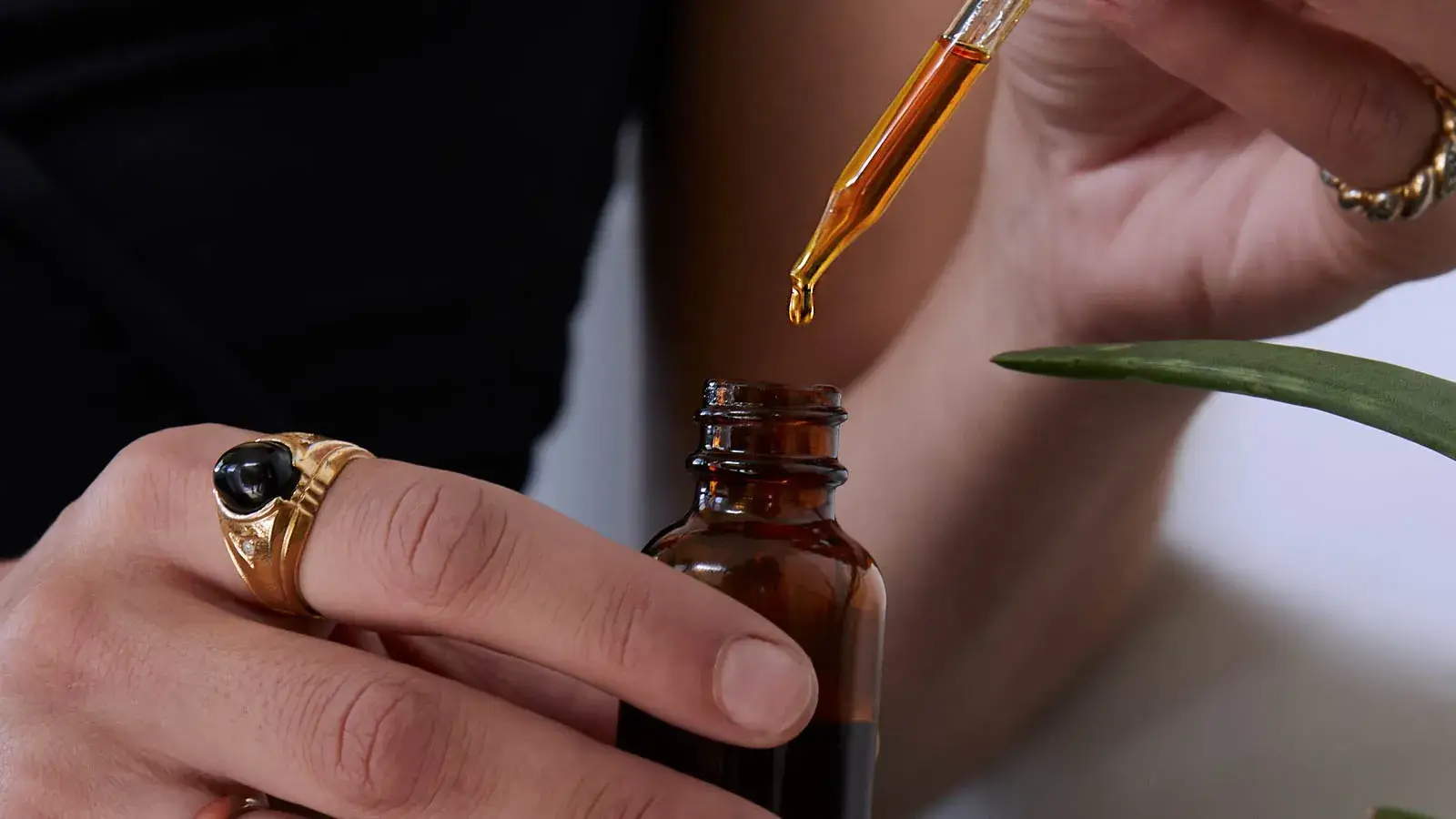
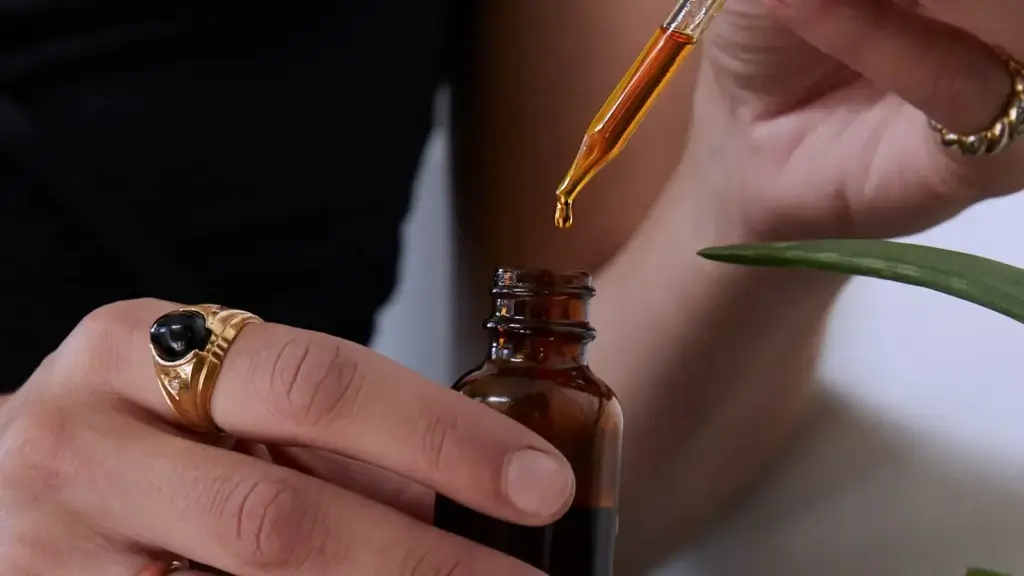
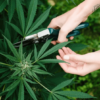
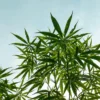
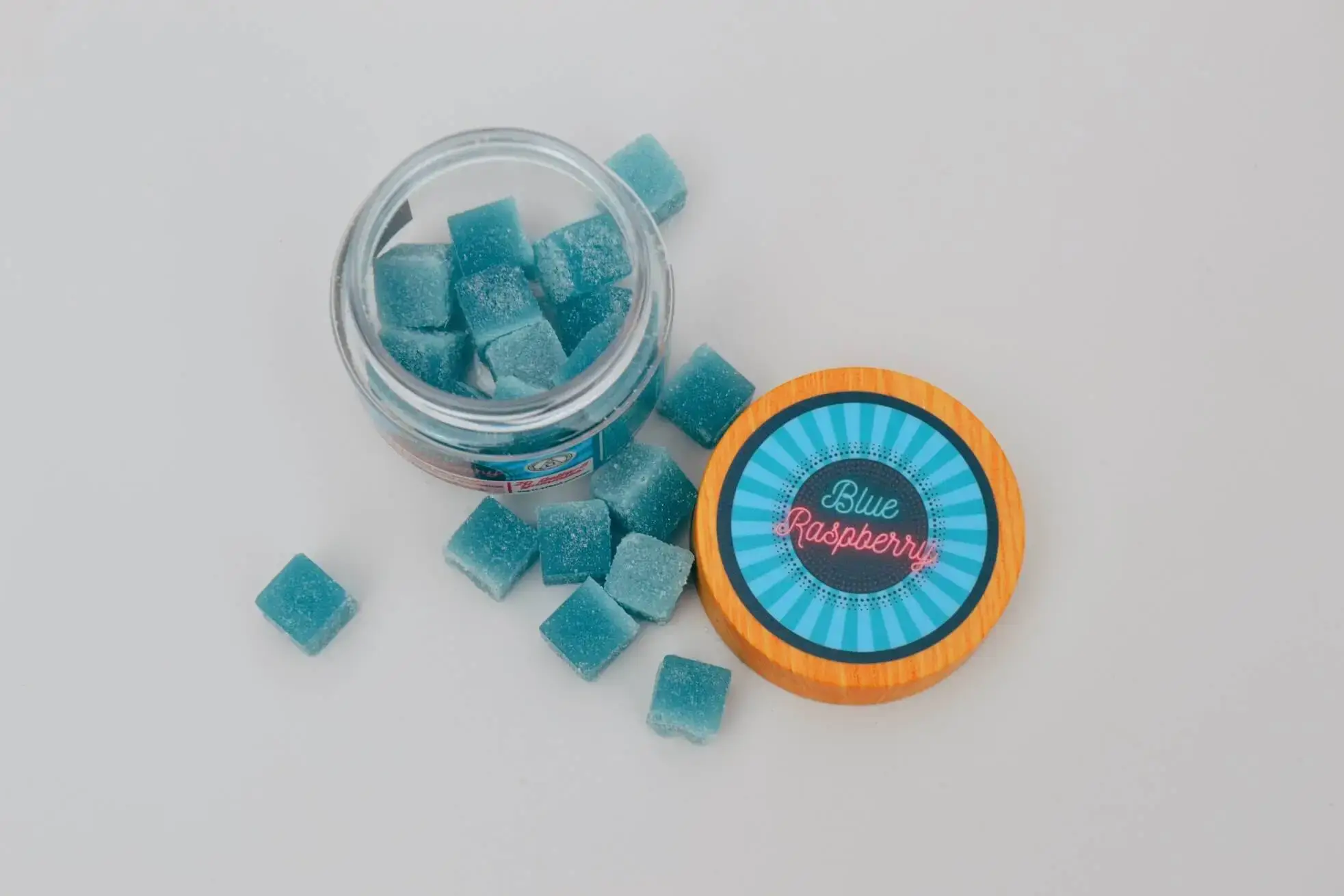
You must be logged in to post a comment.